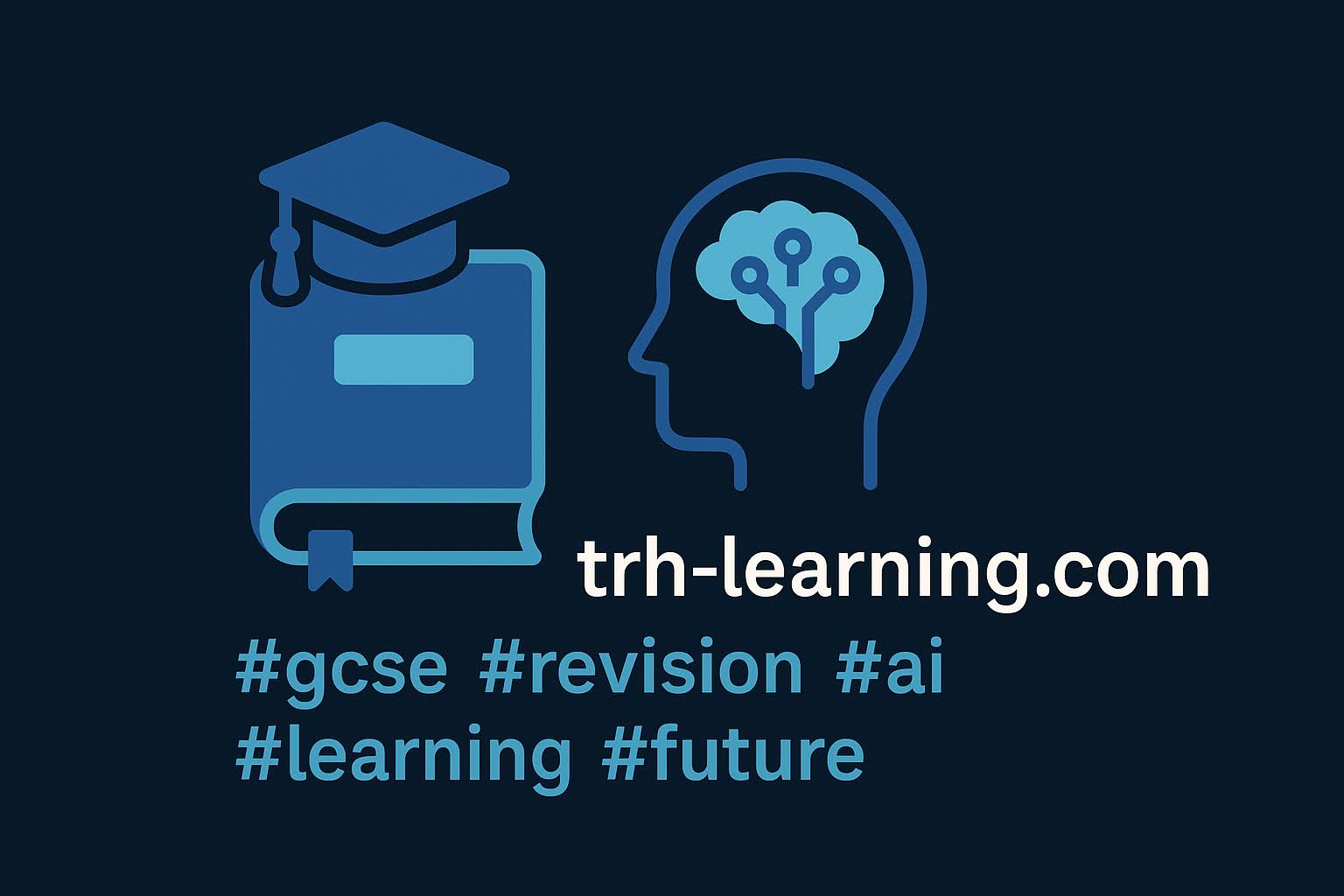"GCSE Grading Explained: What Do the 2024 AQA Grade Boundaries...
What Do the 2024 AQA Grade Boundaries Mean for You?
Understanding GCSE Grading in 2024
The GCSE grading system in England uses a numerical scale from 9 to 1, with 9 being the highest grade. This system replaced the old A*-G grades to provide greater differentiation among students' performance. The 2024 AQA grade boundaries are crucial for understanding how your exam marks translate into final grades.
What Are Grade Boundaries?
Grade boundaries are the minimum marks required to achieve each grade. They are set after exams are marked to ensure fairness, taking into account the difficulty of the paper and overall student performance.
- Grade 9: Exceptional performance, higher than the old A*
- Grade 7: Equivalent to the old grade A
- Grade 4: Standard pass, similar to the old grade C
- Grade 1: Lowest grade, below the old grade G
How Are AQA Grade Boundaries Set?
AQA, like other exam boards, reviews the difficulty of each exam paper and the overall performance of students before setting grade boundaries. This means boundaries can change each year. For example, if a paper is particularly challenging, the boundary for a grade 4 may be set lower than in previous years.

Why Do Grade Boundaries Matter?
Understanding grade boundaries helps you:
- Gauge how many marks you need for your target grade
- Interpret your results accurately
- Plan revision strategies for future exams
Grade boundaries are not fixed and can vary each year. Always check the official AQA website for the most up-to-date information after results are released.
Where to Find 2024 AQA Grade Boundaries
After results day, AQA publishes detailed grade boundaries for each subject. You can view these on the AQA official grade boundaries page.
Key Takeaways for Students
- Grade boundaries help translate your raw marks into GCSE grades.
- They are set to ensure fairness, reflecting the difficulty of each exam.
- Always check the latest boundaries for your specific subjects after results are published.
Browse Categories 📚
Ready to boost your learning? Explore our comprehensive resources above, or visit TRH Learning to start your personalized study journey today!